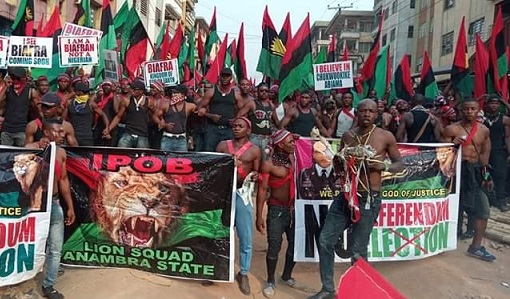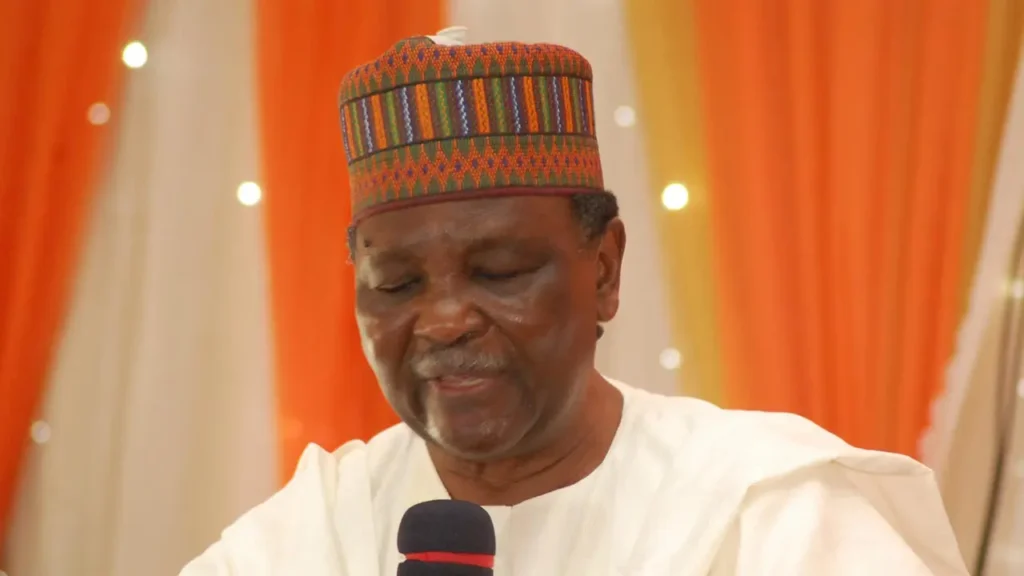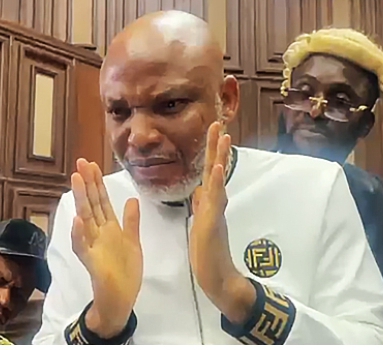Biafra Day: Remembering the fallen heroes, gauging the future

By Victor Akuma
The Biafra race today celebrates the mights of their heroes past, who lost their lives on account of the 1967-1970 civil war in Nigeria, as well as the recent killing of fearless loyalists of past decades.
The separatists journey to freedom started with the then Colonel Chukwuemeka Odumegwu Ojukwu, who declared the Eastern region sovereign on May 30, 1967.
This move was not palatable with the then military head of state, Gen. Yakubu Gowon who spotted the act as inglorious to his administration, hence the birth of one of Africa’s deadliest civil war, where members of the South-East region were killed in their numbers.
After more than two years of the war, during which almost two million Biafran civilians (3/4 of them small children) died from starvation caused by the total blockade of the region by the Nigerian government, Biafran forces under Nigeria’s motto of “No-victor, No-vanquished” surrendered to the Nigerian Federal Military Government (FMG). The surrender was facilitated by the Biafran Vice President and Chief of General Staff, Major General Philip Effiong, who assumed leadership of the Republic of Biafra after the original President, Colonel Chukwuemeka Odumegwu Ojukwu, fled to Ivory Coast.
Years after the self sovereign state of Biafra was crippled, little did the Nigerian government realize a resurgence by Chief Raph Uwazurike was imminent.
In 1999, the Movement for the Actualization of the Sovereign State of Biafra (MASSOB) emerged as a nonviolent and Biafran nationalist group, associated with Igbo nationalism. The group enacted a “re-launch” of Biafra in Aba the commercial centre of Abia State according to wiki inventories.
MASSOB says it is a peaceful group and advertised a 25-stage plan to achieve its goal peacefully. It has two arms of government, the Biafra Government in Exile and the Biafra Shadow Government.
MASSOB accuses Nigeria of marginalising Biafran people. Since August 1999, protests have erupted in cities across Nigeria’s south-east. Though peaceful, the protesters have been severally attacked by the Nigerian security agents, with large numbers of people reportedly killed. Many others have been injured or arrested.
After MASSOB came IPOB (Indeginous People of Biafra) by Chief Nnamdi Kanu.
According to the South-East Based Coalition of Human Rights Organizations (SBCHROs), security forces under the directive of the federal government have killed 80 members of the Indigenous People of Biafra and their supporters between 30 August 2015 and 9 February 2016 in a renewed clampdown on the campaign.
It was also reported that the Nigerian military killed at least 17 unarmed Biafrans in the city of Onitsha prior to a march on 30 May 2016 commemorating the 49th anniversary of Biafra’s 1967 declaration of independence.
Further records by SBCHROs revealed that Ralph Uwazuruike of MASSOB and Nnamdi Kanu of IPOB have been arrested several time on account of treason by the Nigerian Government.
Ralph Uwazuruike was arrested in 2005 and was detained on treason charges. He has since been released and has been rearrested and released more than five times.
On 23 December 2015, Nnamdi Kanu was detained and was accused of treason against the Nigerian state. He was released on bail on 24 April 2017 after spending more than 19 months without trial of his treason charges.
For these efforts and sacrifices by loyalists was May 30th of every year set apart by the Biafran nation, to eulogise their strength and courage.
Unlike the conventional peaceful march by pro Biafrans across the country every year, the novel pandemic has caused a stay at home celebration.



